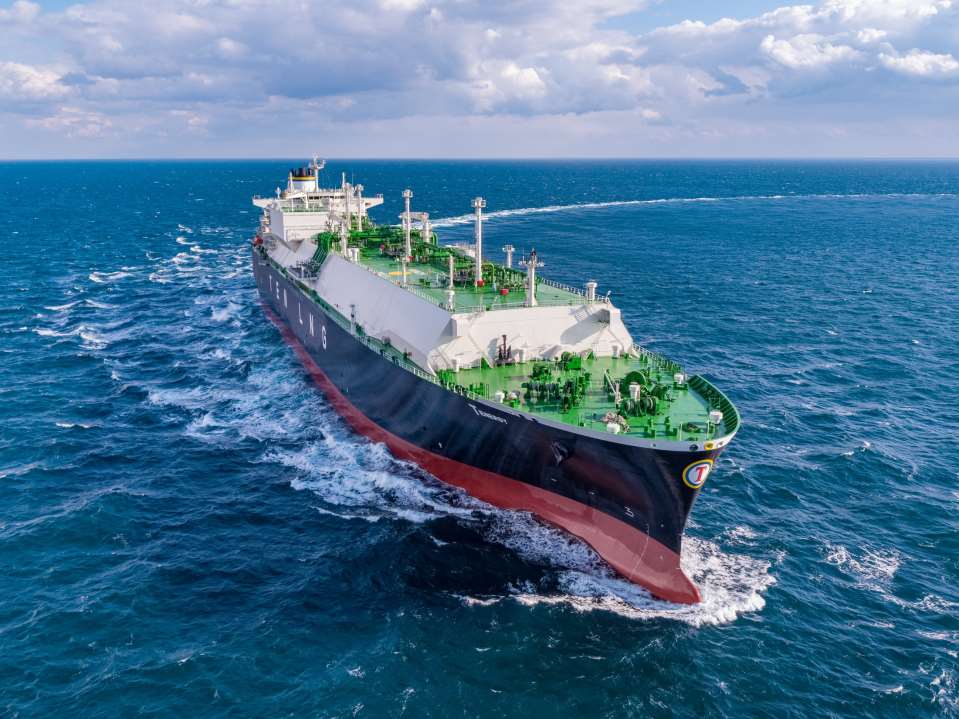Greek shipping firm Tsakos Energy Navigation (TEN) has secured new charter deals for two of its liquefied natural gas (LNG) carriers.
TEN revealed these charters in its first-quarter report.
The firm said it continues to take advantage of “prevailing solid charter rates and attractive long-term employment” and as a result, it has secured new charters and extensions of 15 of its vessels, including two LNG carriers, on both fixed and market-related rates.
These recent fixtures raise the total minimum contracted revenue of the fleet to $1.6 billion, it said.
TEN did not provide any additional information regarding the charter deals.
The firm owns the 2007-built 150,000-cbm, Neo Energy, the 2016-built 174,000-cbm, Maria Energy, and the 2022-built 174,000-cbm LNG carrier, Tenergy.
It also has four LNG-powered Aframax tankers on order at South Korea’s Daehan Shipbuilding.
TEN said in March that it expects to earn $350 million from a new 12-year charter deal it signed for Maria Energy.
“Very profitable”
Answering a question by an analyst regarding spot and term charters during TEN’s first-quarter results call, Nikolas Tsakos, founder and president of TEN said that sport charter rates from LNG carriers dropped to about $50,000 per day from $100,000 some six months ago.
However, he said that company has chartered its vessels for “very long time at very profitable level.”
“So we actually jumped on the charter long-term wagon sometime in the third, fourth quarter last year, and we have been able to secure a 12 to 15-year employment on one of those ships at very accretive levels,” he said.
“Then another 10 to 11-year employment again with profit-sharing arrangements on another and a very good year of extension on the third,” he said.
TEN’s first-quarter presentation shows that the charter with profit-sharing is for Tenergy.
According to data by VesselsValue, TEN previously signed a sale and leaseback for this vessel with CMB Financial leasing.
“So I think we’re going to be – at least from our LNGs, we are going to be enjoying – locking in the high end of the business,” Tsakos said.

